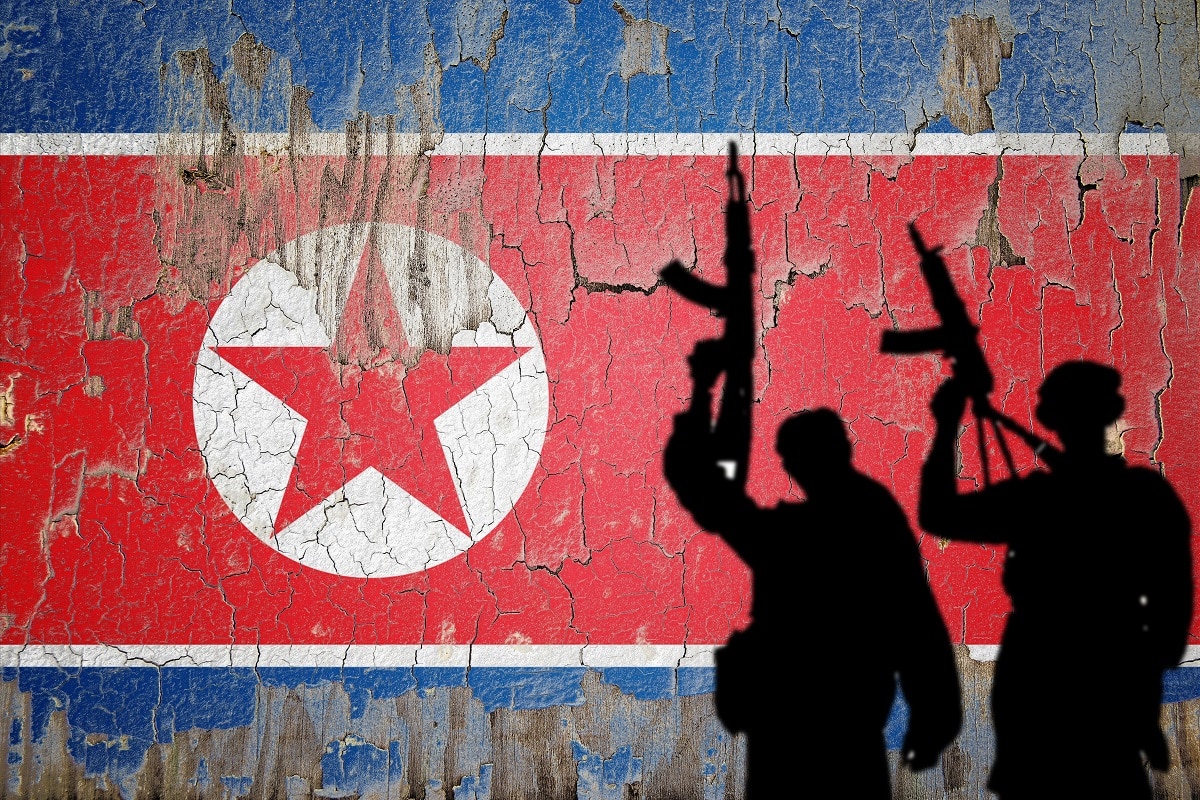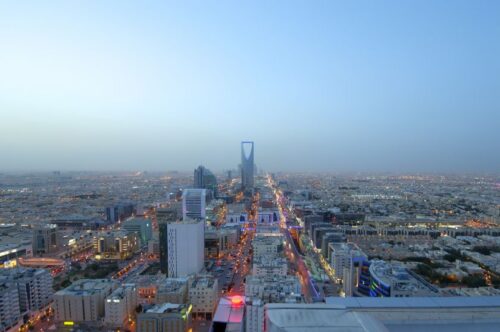
North Korea’s primary news agency, KCNA, rejected such contentions and called them “a baseless, mendacious rumor.” The agency furthermore accused the USA of spreading a conspiracy theory designed to divert attention from its participation alongside Israel in the Gaza warfare. However, the findings proved otherwise as the IDF discovered North Korean RPG F7 among the weapons captured from Hamas, as well as North Korean Bang122 artillery shells. How would weaponry from North Korea have reached Hamas in the Gaza Strip?
North Korea’s relations and deep partnership with Iran and Syria cover a history of many years, and so its military technology has reached Iran’s proxy organizations: Hezbollah, the Houthis, and Hamas. In addition, North Korea’s ties with the Palestinians go back many years — to the beginning of the 1960s. During those early years, North Korea began providing financial assistance and military training to PLO personnel; and later, during the 1970s and 1980s, Yasser Arafat and the head of the Popular Front for the Liberation of Palestine met separately with Kim Il Sung in Pyongyang, the North Korean capital. Those meetings resulted in a constant supply of North Korean weaponry to the Palestinians. After the Cold War ended, ties between North Korea and the Palestinians dwindled; but in 2007 with the ascendancy of Hamas in Gaza, the ties were revived.
In July 2014, when Israel embarked upon Operation Protective Edge in Gaza, Hamas requested military aid from North Korea. In that arrangement, Hamas received rockets and military communications equipment; and besides providing weaponry, financial aid, and military training, North Korea may have also helped Hamas build its Gazan “Metro” — the network of Hamas tunnels — just as it helped Hezbollah in Lebanon.
Hostile though it is to the West and Israel, does North Korea assist terrorist organizations such as Hamas and Hezbollah for ideological reasons alone? Despite its long-standing support for members of the “Axis of Resistance,” apparently North Korea is primarily motivated — aside from ideology — by economic considerations. North Korea lives under heavy international sanctions, but by its involvement in activities such as sales of weaponry to terrorist organizations it can obtain income to fund its own weapons programs.
North Korea is also pleased by the founding of an anti-American, anti-Western block which consists of Russia, China, and Iran. After Russia invaded Ukraine, North Korea sought a way to leverage strategic accomplishments in expanding its cooperation with Russia while interfering with US efforts in Ukraine. Now, as in Ukraine, North Korea is seeking an opportunity to undermine US interests in the Middle East as well while profiting economically from the conflicts there, such as Israel’s war against Hamas in Gaza and against Hezbollah in Lebanon. These circumstances increase North Korea’s chances of expanding its sales of weaponry to the terrorist organizations, and to Hamas in particular, following a special decree from Kim Jong Un, as early as November 2023, in support of the Palestinians.
The North Korean angle is not well enough publicized, but it is dangerous and its shadow could darken the war. North Korea’s illegal sales of weapons to Hamas could help that terrorist organization recuperate more quickly than expected after the critical blow of the war in which most of its leadership in Gaza was eliminated — including the commander, Yahya Sinwar — and much of its war materiel and terrorist ground force was destroyed. Standing with Iran, which is also suffering heavily in the current war, North Korea may profit economically and strategically as it improves the condition of the terrorist organizations during the war and especially afterward.
“This article was originally published in ynetnews.”



